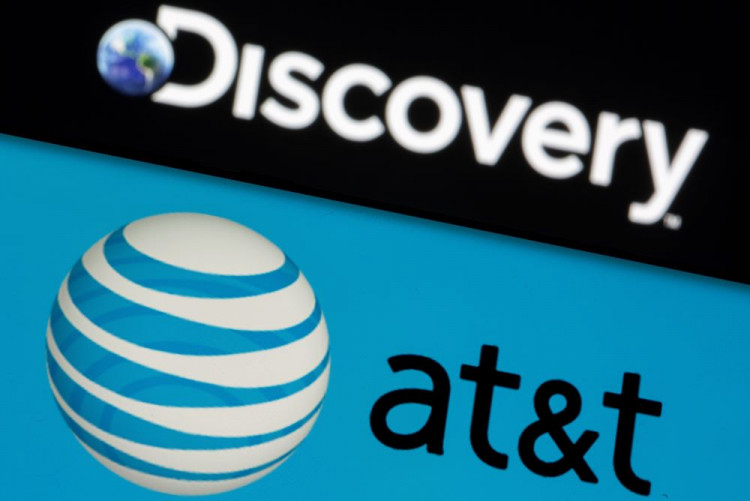AT&T customers across the United States experienced a significant disruption in service on Thursday morning, affecting their ability to make calls, send texts, and access the internet. The outage, described as widespread, saw over 74,000 reports on DownDetector, a digital-service tracking platform. This figure, however, represents only self-reported incidents, suggesting the actual number of affected users could be much higher.
The network failure was not limited to AT&T; Verizon and T-Mobile users also reported issues, though these were less widespread and primarily involved attempts to connect with AT&T customers. Both T-Mobile and Verizon confirmed that their networks were operating normally, suggesting the problem was isolated to AT&T's infrastructure.
AT&T acknowledged the outage, stating, "Some of our customers are experiencing wireless service interruptions this morning. We are working urgently to restore service to them." The company recommended the use of Wi-Fi calling as an interim solution but did not provide a timeline for full service restoration.
The cause of the outage remains unconfirmed, but industry sources speculate it could be related to issues in the peering process, where cellular services transition calls from one network to another. There is no evidence to suggest that the outage was the result of a cyberattack or other malicious activities.
The impact of the outage extended beyond inconvenience, affecting emergency services in several areas. Local government agencies, including San Francisco's Department of Emergency Management and fire departments in Ohio and Michigan, reported disruptions to their 911 services. They advised AT&T customers to use landlines or services from other carriers to reach emergency services or, in some cases, to text 911 as a last resort.
AT&T's FirstNet network, designed to provide coverage for first responders, reportedly remained operational throughout the outage. FirstNet is touted as a more robust network, leveraging AT&T's infrastructure to ensure uninterrupted service for critical emergency communications.
The service disruption raised concerns among public officials and emergency services about the reliability of cellular networks in emergencies. Atlanta Mayor Andre Dickens stated, "We have received calls from AT&T customers that their cellular phones are in SOS mode," highlighting the severity of the situation for individuals relying on mobile phones for emergency communications.
As AT&T works to resolve the issue, customers and officials alike are reminded of the critical role that telecommunications play in public safety and the need for reliable service, especially in times of crisis. The outage underscores the interconnectedness of modern communication networks and the cascading effects that can occur when one part of the system fails.






